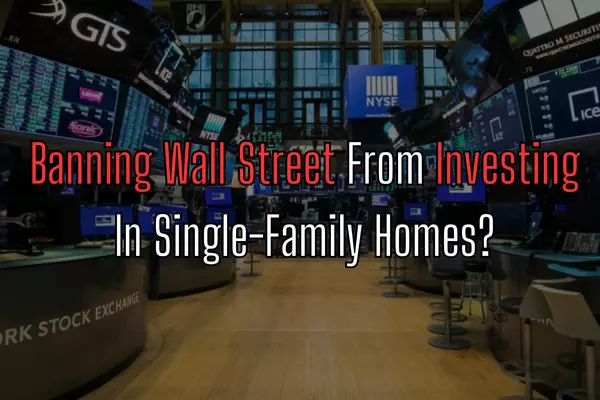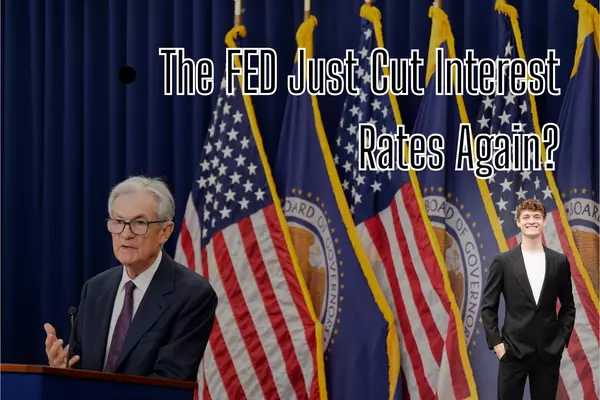What Happens When the Fed Cuts Interest Rates? A Deep Dive for King County Homebuyers

What Happens When the Fed Cuts Interest Rates? A Deep Dive for King County Homebuyers
📉 “The Fed is expected to cut interest rates next week.”
This headline is more than just financial news—it’s a signal that change is coming, especially for King County’s real estate market. In July 2023, when the Fed hinted at a rate pause, local mortgage lenders saw inquiries jump by 15% overnight. But what does a rate cut really mean for buyers and sellers here? Let’s break it down, step by step, with numbers and stories from right here in King County.
💵 Lower borrowing costs for banks.
When the Fed lowers its benchmark rate, banks in Seattle, Bellevue, and Redmond can borrow money more cheaply. For example, after the Fed’s emergency rate cuts in March 2020, the average 30-year fixed mortgage in King County dropped from 3.8% to 3.3% within a month. Lenders passed these savings to consumers, making home loans more affordable. For a $750,000 home (the median price in King County as of summer 2024), this change meant about $200 less per month in mortgage payments compared to rates just a few months prior.
🏠 Buyers gain more purchasing power.
Lower rates mean your money goes further. With every 0.5% drop in interest rate, a buyer’s purchasing power increases by roughly 5%. For someone looking at a $900,000 home in Kirkland, a rate drop from 6% to 5.5% could mean qualifying for a home $45,000 more expensive—or saving over $250 per month. In 2021, first-time buyers in Renton were able to move from condos to single-family homes simply because of a favorable rate environment.
🚀 Demand is likely to increase.
Cheaper borrowing stirs up demand. After 2020’s record-low rates, King County saw bidding wars return with a vengeance. In March 2021, Redfin reported that over 70% of homes in Seattle sold above asking price. Open houses were packed, and the average time on market dropped to just 6 days. When rates fall, expect more buyers to jump off the sidelines, intensifying competition—especially in popular neighborhoods like Ballard and Bellevue.
📉 But inventory is still limited.
Here’s the rub: even as more buyers enter the market, the number of available homes in King County remains tight. In mid-2024, there were fewer than 2,500 active listings across the county—less than half the typical inventory of the late 2010s. Many homeowners are “rate-locked,” reluctant to sell and give up their ultra-low pandemic-era mortgages. This means more buyers are chasing fewer homes, especially in sought-after school districts and close-in suburbs.
📈 That pressure can push prices higher.
When demand outpaces supply, prices climb. In 2021, King County’s median home price jumped by 18% in just 12 months. After each rate cut, local agents noticed an immediate uptick in escalation clauses and all-cash offers. In 2023, even as rates rose, prices held steady due to this inventory crunch. If rates drop again, don’t be surprised if home values surge—especially for move-in-ready properties in neighborhoods like Queen Anne or Sammamish.
📊 Short-term vs. long-term effects.
In the short term, a rate cut can boost affordability and bring more buyers into the market. But over time, if inventory doesn’t improve, rising prices can wipe out the savings from lower rates. For example, a buyer who waited six months after a 2020 rate cut found that home prices had risen by 10%, offsetting their lower monthly payment. Savvy buyers in King County weigh both sides: the immediate benefit of lower rates versus the risk of rising prices and tougher competition.
✅ Bottom line: Rate cuts may make buying feel more affordable, but they can also heat up competition.
If you’re thinking about moving in King County, preparation is key. Get pre-approved, set alerts for new listings, and work with a local agent who knows how to navigate multiple-offer situations. In a market this dynamic, having a plan—and acting quickly—can make all the difference.
Recent Posts











